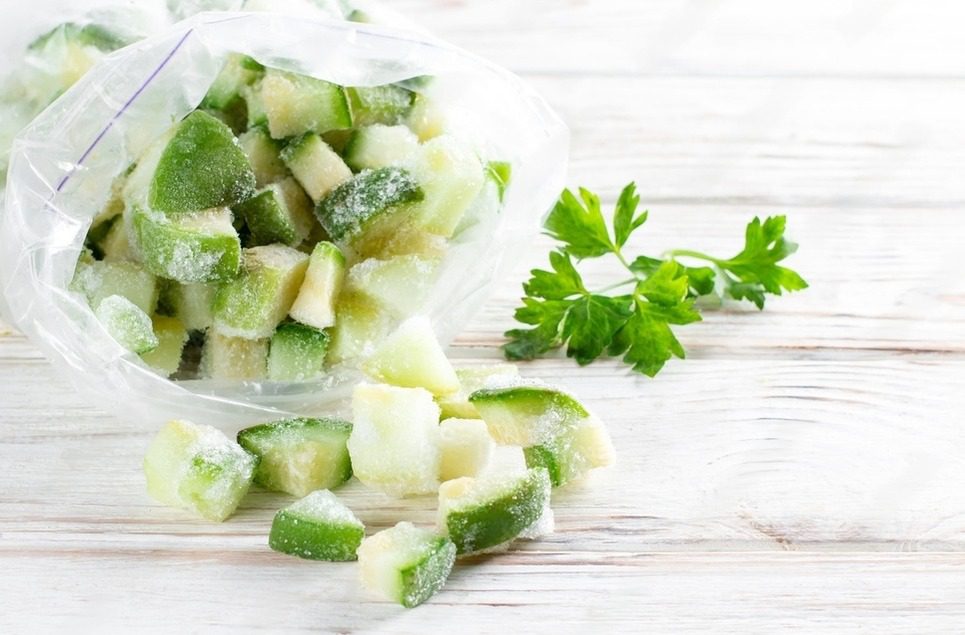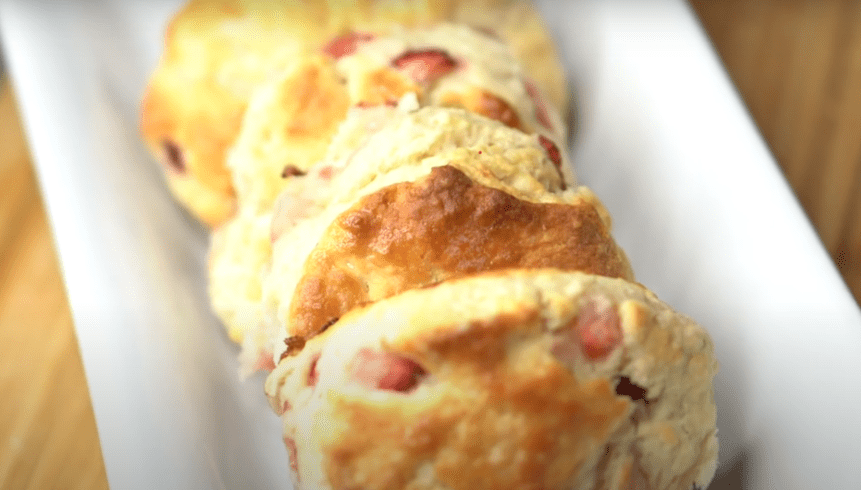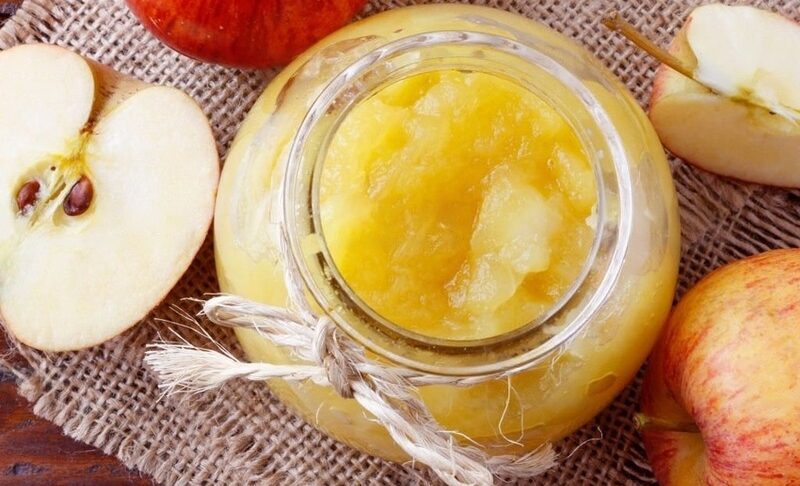A healthy and adaptable vegetable, zucchini may be used in various recipes, such as bread and stir-fries. But you may be wondering if you can freeze zucchini so you can eat it later if you find an abundance in your garden or a fantastic deal at the market. The good news is that freezing zucchini is a possibility! You may freeze zucchini to preserve it for later use without sacrificing its flavor or texture by following this easy recipe. We’ll walk you through the entire process of freezing zucchini in this in-depth tutorial, along with crucial advice on food safety, health advantages, and more.

Step-by-Step Guide How to Freeze Zucchini
1. Zucchini preparation:
To start, give the zucchini a good wash under running water to get rid of any dirt or debris. Slice the ends off of the zucchini and throw them away.
2. Slice or Chop:
You can slice or chop the zucchini, depending on how you want to use it. You may even grate it. Slicing or chopping works nicely for casseroles or stir-fries. Grated zucchini may work better if you plan to use it in baked dishes like zucchini bread.
3. Blanch (Optional):
You can help maintain the color, texture, and flavor of zucchini by blanching it before freezing it. Make sure you have a dish of ice water ready and a saucepan of water boiling before you blanch the zucchini. Slices or chunks of zucchini should be promptly moved to ice water to stop the cooking process after blanching in boiling water for one to two minutes. After cooling, carefully drain the zucchini.
4. Packaging for Freezing:
Put the cooked zucchini into plastic bags that can be sealed tightly or into freezer-safe containers. To avoid freezer burn, let out as much air as you can from the bags before sealing them. For future simple identification, mark the bags with the contents and date.
5. Freeze:
To ensure even freezing, place the wrapped zucchini in the freezer, being careful to lay them level. To conserve space, you might stack the bags or containers once they’ve frozen.
Food Safety Tips
- When freezing zucchini, always use fresh, high-quality zucchini.
- Before handling zucchini, properly wash your hands and all utensils.
- It is important to properly package and seal the zucchini to avoid contamination and freezer burn.
- Use frozen zucchini within 8 to 12 months for best quality.
Nutrition and Health Benefits
Not only is zucchini tasty, but it’s also nutrient-rich. Because it is abundant in fiber, vitamins, and minerals and low in calories, it is a nutrient-dense addition to your diet. Among the essential nutrients present in zucchini are:
- Vitamin C: Supports healthy skin and strengthens the immune system.
- Vitamin K: Essential for blood coagulation and strong bones.
- Potassium: Supports healthy muscular function and blood pressure regulation.
- Antioxidants: Lower the risk of chronic diseases and shield cells from harm.
Apart from its health advantages, zucchini may be used in a variety of recipes, such as salads, soups, and desserts. It is also a flexible ingredient.
Facts and Stats
- Although it is frequently referred to as a vegetable, zucchini is actually a fruit that is a member of the squash family.
- The word “zucchini” comes from the Italian word “zucchini,” which means small squash.
- It is thought that zucchini originated in Mexico and Central America and was transported to Europe by travelers in the sixteenth century.
- The heaviest known zucchini weighed more than sixty-five pounds!
Key Takeaways
One easy way to save this adaptable vegetable for later use is to freeze it. You can make sure that the flavor, texture, and nutritional content of your frozen zucchini are retained by following a few easy steps. Zucchini freezes beautifully, so you can eat this tasty vegetable all year, whether you’re trying to stock up during the zucchini season or you just want to prevent food waste. So don’t be afraid to freeze extra zucchini the next time you have an abundance of it for later use!

